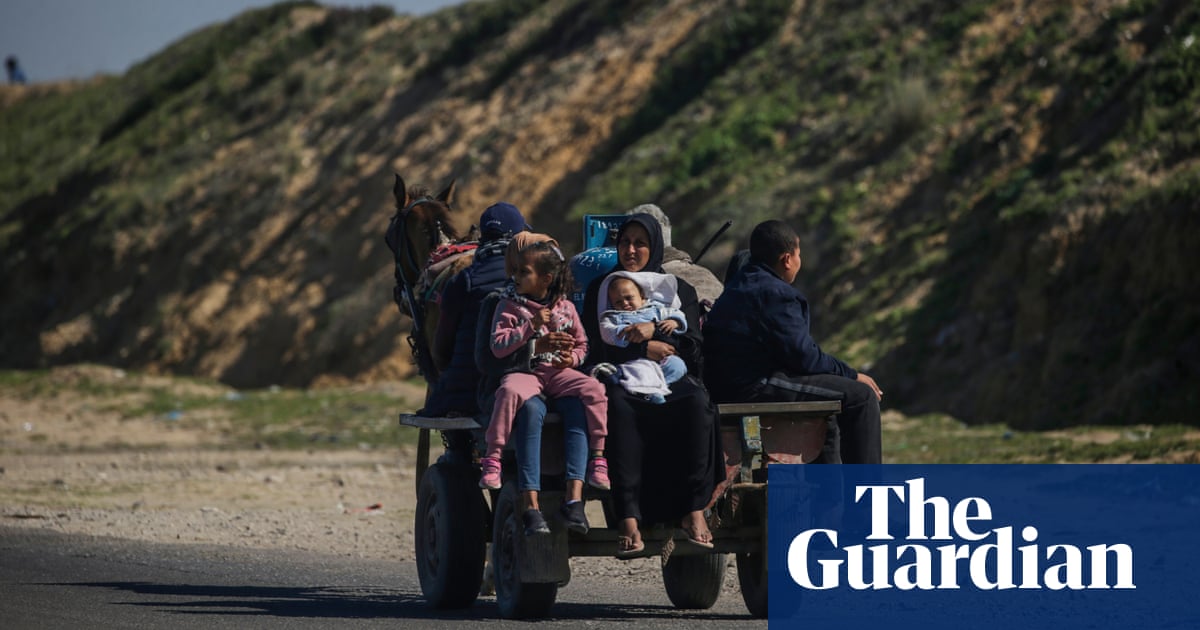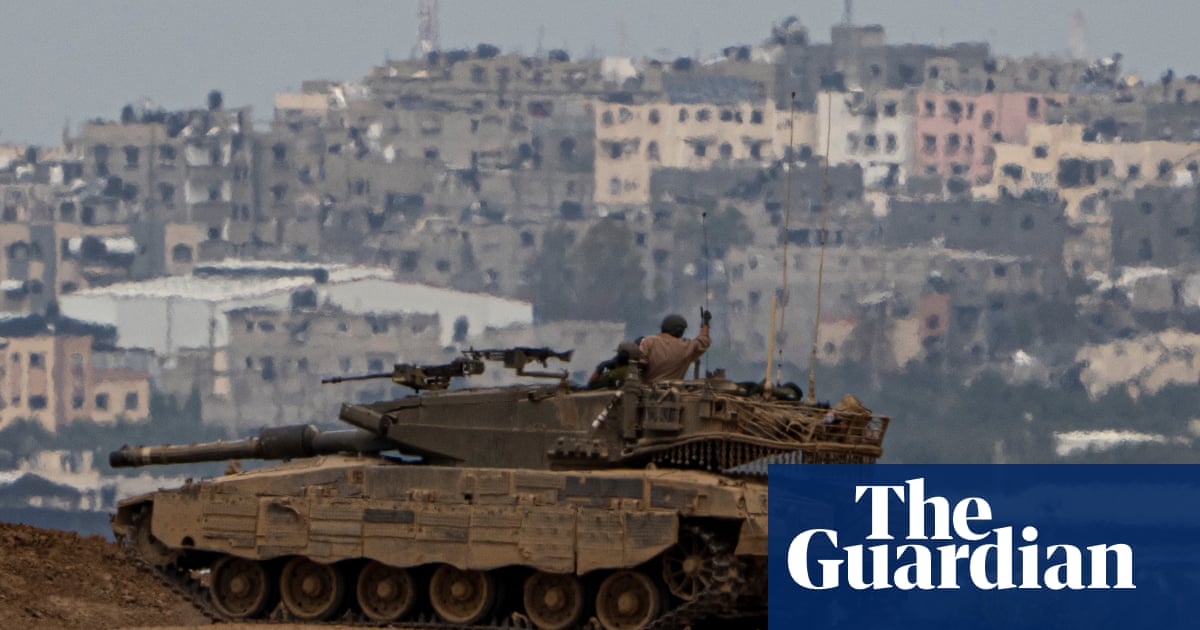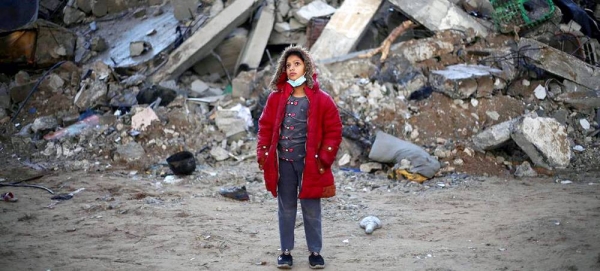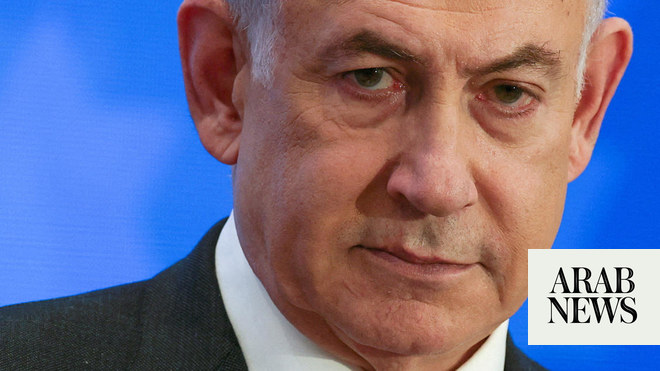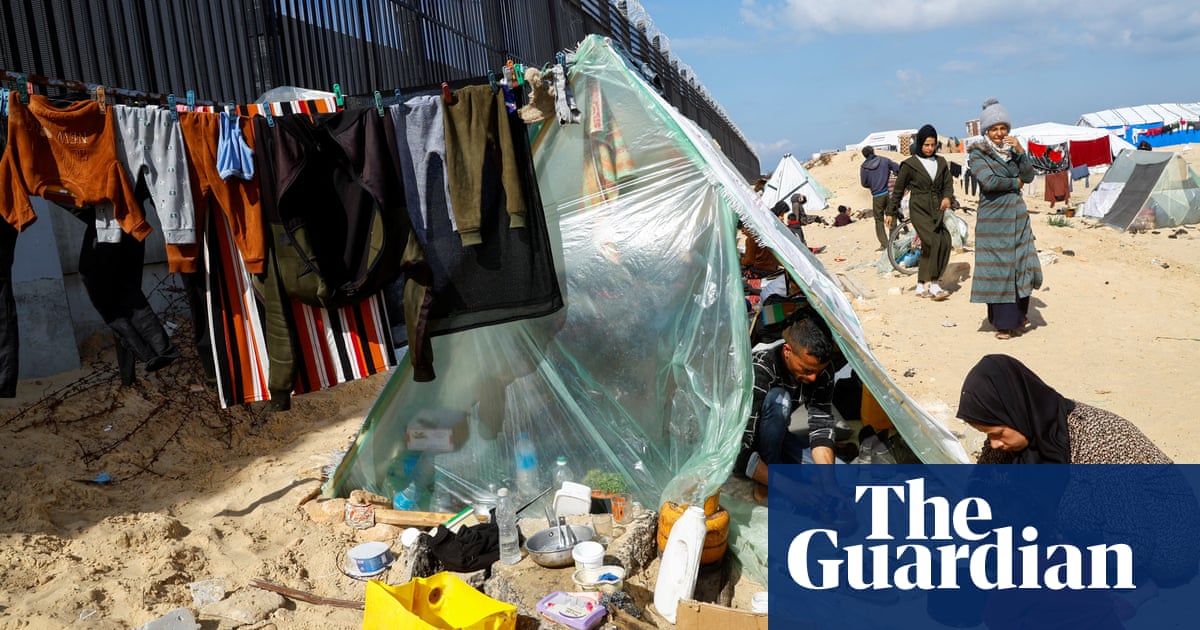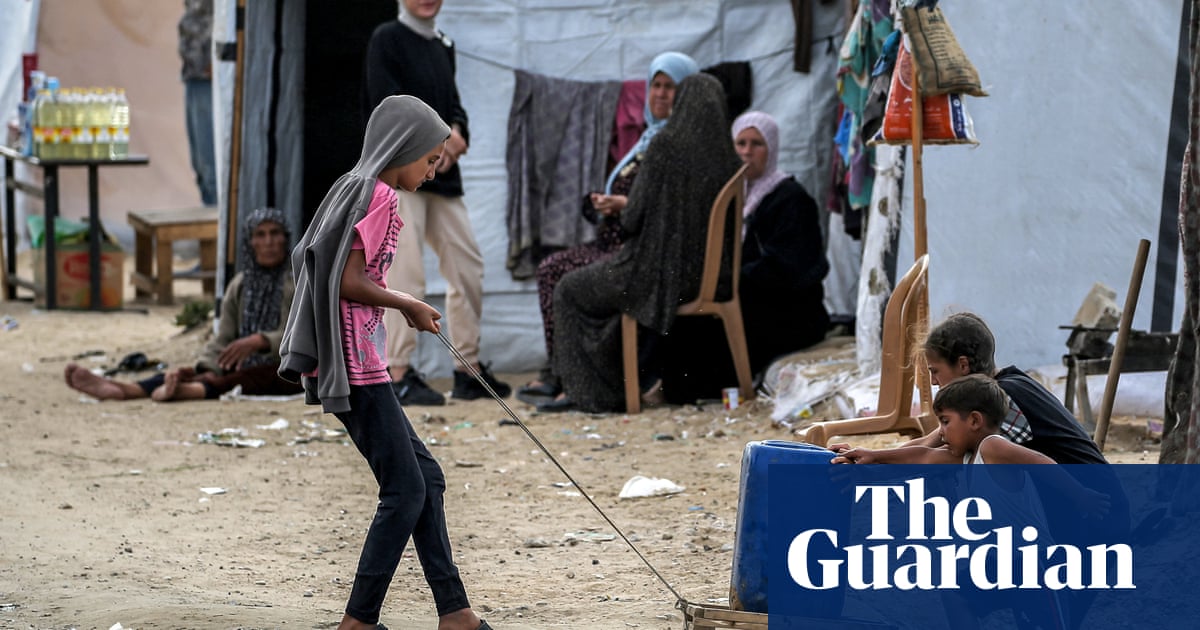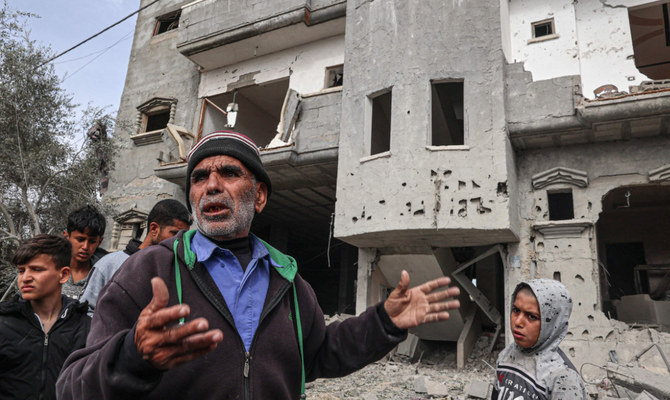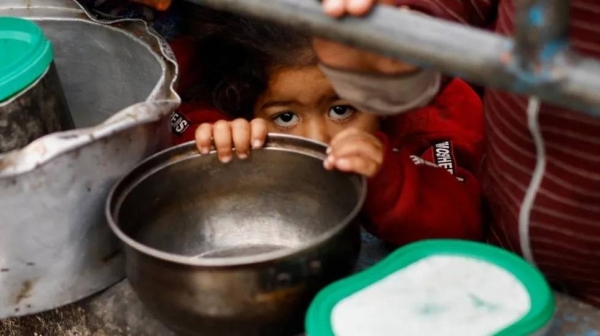
Israeli Prime Minister Benjamin Netanyahu has insisted his troops will advance on the Gazan city of Rafah, defying outside pleas to reconsider.
French President Emmanuel Macron was among those warning Netanyahu off, telling him the human cost of Israel"s operation in Gaza was "intolerable".
But Netanyahu has ordered his army to prepare for a ground assault.
Some 1.4 million Palestinians are sheltering in Rafah, which has already come under bombardment.
Netanyahu vowed to press on with a "powerful" assault, declaring that Hamas, the group that controls Gaza, must be eliminated from the southern city.
"We will fight until complete victory and this includes a powerful action also in Rafah after we allow the civilian population to leave the battle zones," he said.
President Macron phoned Netanyahu on Wednesday to say Israel"s operations in Gaza "must cease".
He expressed "France"s firm opposition to an Israeli offensive in Rafah, which could only lead to a humanitarian disaster of a new magnitude".
The prime ministers of Australia, Canada and New Zealand issued a joint statement expressing their "grave concern" that a military operation in Rafah would be "catastrophic".
"We urge the Israeli government not to go down this path," the statement read, adding "the impacts on Palestinian civilians from an expanded military operation would be devastating".
German Foreign Minister Annalena Baerbock, visiting Israel, warned that people in Rafah with nowhere to go could not "simply vanish into thin air."
Spain and the Republic of Ireland have asked the EU, of which they are members, to examine "urgently" whether Israel is complying with its human rights obligations in Gaza under an accord linking rights to trade.
The health ministry in the Hamas-run Palestinian territory reports that at least 28,576 people, mostly women and children, have been killed as a result of Israel"s offensive in Gaza.
Israel took action after Hamas-led gunmen killed at least 1,200 people and seized 253 hostages in a surprise attack on its territory on 7 October.
In the earlier days of the war, Israel had instructed Palestinians to seek refuge in Rafah as the Israeli military moved against the northern cities.
Rafah is Gaza"s southern-most and features a crossing point into Egypt where humanitarian aid has been allowed to enter the Strip.
Now Israeli authorities want civilians to relocate to what they call a "humanitarian zone" — a thin strip of mainly agricultural land along the Mediterranean coast known as al-Mawasi.
Among the displaced civilians in Rafah was Ahlam Abu Assi, who told AFP news agency she "would rather die" there than return to famine-like conditions like those experienced by relatives who had stayed in Gaza City.
"My son and his children have nothing to eat. They cook a handful of rice and save it for the next day," she said.
Another city, Khan Younis, has been the focus of Israel"s operations in the south of Gaza so far.
Thousands of displaced Palestinians sought shelter there in the Nasser hospital but are now also being ordered to evacuate.
Netanyahu"s vow to press on came after peace negotiations involving officials from the US, Israel, Egypt and Qatar ended inconclusively.
Israel"s prime ministerial office said Hamas had presented no new offer for a hostage deal and Israel would not accept the militant group"s "ludicrous demands".
"A change in Hamas" positions will make it possible to move forward in the negotiations," it added. — BBC




